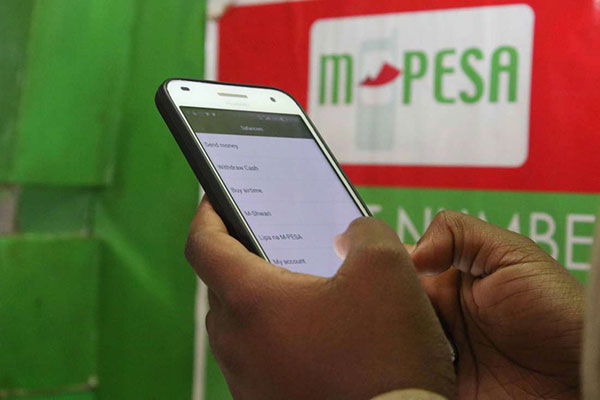Kenya’s leading telco Safaricom has lost the bid to cap free M-Pesa transactions to five. This comes after subscribers split high-value transfers to avoid paying transfer fees, costing it billions of shillings in revenues. The company had petitioned the Central Bank of Kenya (CBK) to cap the number of multiple transactions between two numbers, according to a recent disclosure of conference call transcripts between Safaricom and investors seen by the Business Daily.
Safaricom reported that customers were splitting high-value money transfers of as high as Sh60,000 to deals of below Sh1,000, allowing them to enjoy a free service that ideally would have cost them Sh105.
Under the CBK directive, mobile money transaction fees under Sh1,000 are free, with banks removing charges for customers moving cash between their mobile wallets and bank accounts.
Safaricom had also asked the banking regulator to lower the threshold for free mobile money transaction from Sh1, 000 to Sh500 to cut revenue losses estimated at Sh1.7 billion monthly.
Safaricom had earlier said that the free M-Pesa service had seen it lose an average of Sh1.8 billion monthly since mid-March, a pointer that it could miss sales of up to Sh16.2 billion in the nine months to December.
The Sh16.2 billion is equivalent to about a fifth or 19.1 percent of M-Pesa’s annual sales, underlining the impact of the pandemic on Safaricom’s earnings.
Earlier data from the regulator showed that the daily average mobile phone money transactions of less than Sh1,000 grew by 83 percent to Sh1.98 billion daily between April 20 and May 10 when compared to the days before March 16— three days after Kenya announced its first positive Covid-19 case.
However, the growth was counterbalanced by the decline in mobile transactions of more than Sh1,000, which dropped 18.4 percent to Sh5.6 billion daily in a period when most companies have cut down their activities, shed jobs and placed workers on unpaid leave in response to the pandemic.




